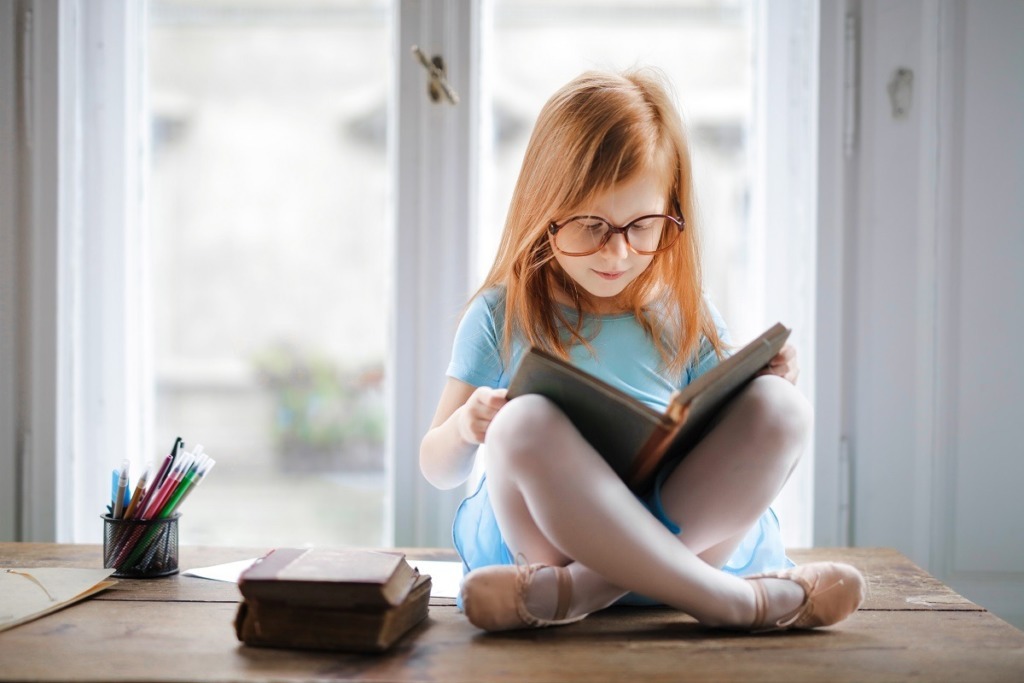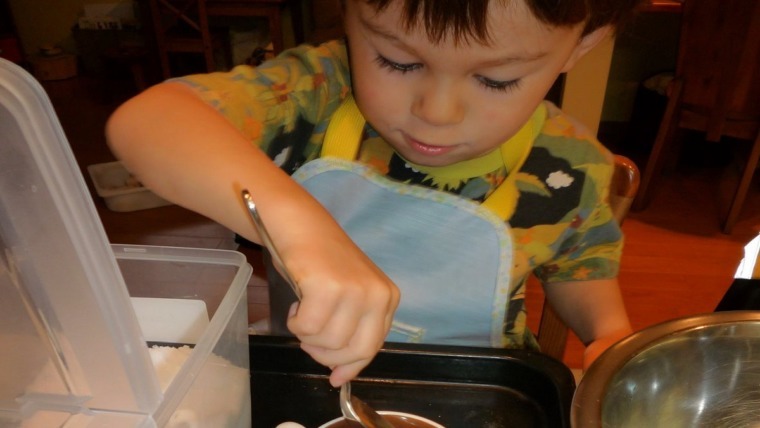
Written by Kristina Duke
As children we have little concept of money, our parents may things like “money doesn’t grow on trees” but that really has no meaning. We have things – food, clothing, bed, and other creature comforts – not because we earned them or deserve them, they just are there.
It’s often not until we DONT have something that we value it.
As a mum of three teenagers I understand the challenges of teaching our kids to value; in other words, to have gratitude and an appreciation of what goes into being able to have.
Here are some strategies I have tried that may help your family (Worth valuing? Priorities)
Share the Workload (Worth valuing? Priorities)
My husband works hard and always has. At times he held two jobs and often worked 6 days a week to provide for our family, while I was home supporting him by raising the kids, looking after the house and the like. I felt it was important to teach the kids the importance of teamwork. While Dad made the money that paid the bills, we were the team at home keeping things running – and by all working together we all enjoyed the benefits. When I started my Professional Organising business this strategy continued. Although at times it may have seemed easier for me to do the chores myself, I knew that my kids would benefit from understanding how hard work brings reward. My kids have shared the workload and have been doing their own laundry since they were about 8, make regular dinners, along with setting & clearing table, vacuuming, cleaning their rooms and the like. They didn’t always do it to level of my ability or standard, but the lesson learned far outweighed that for me. My kids learnt the value of work and all the positives that come from it.
Wait and Save (Worth valuing? Priorities)
Like most Australian kids, my kids are blessed. We do live in the lucky country. Even when money was tight, we had food on the table, a roof over our heads and basic clothing needs. As with most parents I also want my kids to enjoy life - to enjoy their hobbies, have fun and feel loved but that does not mean I give them whatever they ask for. No, I have tried to teach them value by making them do extra jobs to earn money or save their birthday money and the like to purchase these extras they desire. The simple act of waiting helps them to
a) grow in patience
b) reflect on their wants vs needs
c) grow in perseverance and determination and
d) really appreciate the item when it is finally earnt.
In this instant society where we can click on a button and get answers straight to our phone, watch whatever we want whenever we want, and buy literally anything at any time, we have become spoilt. Although these technological advances are amazing, they make me a little sad because it is so hard for the younger generations to appreciate things and to really value them.
Gratitude journal (Worth valuing? Priorities)
Have you heard of a gratitude journal? Its basically a small notebook where you can write what your grateful for that day. Now I must be honest, the actual act of writing in a journal has not taken off with my kids but I do regularly challenge them at the dinner table to think of things that they are grateful for. That simple act of reflection helps them to reframe their day, their thoughts, their mindset. Not only does it help them to be grateful but it helps them to be more positive in general.
Decluttering (Worth valuing? Priorities)
How can decluttering help our kids learn value? It’s two-fold.
- Being involved in the act of decluttering, our kids get to do a stocktake of their things. In doing this they are confronted with the sheer volume of stuff they own and get to access whether or not they currently value/ need it. As with most of my clients, our kids become blind to all that’s around them. And I’m not talking about how they do a kid look for things when you ask them to find the missing shoe or that they never seem to be able to clean their rooms “properly”. I am talking about a term called clutter blindness where you become almost immune to the stuff and don’t see it. If you stop seeing it, then you stop valuing it.
- The second part of decluttering is the discard part - what you do with the decluttered items. This is an important step to helping your child learn value. Whether you take it to an op shop or another charity, sell it on Marketplace or the like– you can teach them how others value things. A regular school holiday activity in our house is to spend time decluttering my kid’s rooms. We would start with the wardrobes and cull clothes that no longer fit or were not being worn anymore. As we went through the process, we would note what items needed to be replaced and what were not. This helped us to be mindful when we next went clothes shopping. Next step would be the toys and knickknacks. I would use this time to educate my kids on how things depreciate in value. For example, what we bought for their birthday last year for $100 may only be to sell for $25 this year. I would also involved them in the process of dropping off donations and teach them about what the charities could use and was of value to them eg broken toys or missing pieces have no value to them and actually cost them money to dispose of.
The act of decluttering - the simple method of going through your things, taking the time to consider and evaluate their current worth – is a powerful way to have a conversation with your child about value. You can talk about what is special and what is not, what costs more, what can be repurposed, what is a family treasure, and where things come from i.e. sweat shops overseas or home-made. All these topics can help to refine their thinking and become more thoughtful in general.
As a Professional Organiser I am constantly challenged with the term “value”. When I step into a client’s home struggling with hoarding disorder it could be easy to see their stuff with little value but as I work them and hear their stories I can appreciate how they place value on things that I may not. As a mum I have learnt that a simple meal, card or gift made by kids has more value to me than anything fancy in a store. After having to supervise schooling my kids over this COVID time I know I value my kid’s teachers even more than ever. Value is so much more than a dollar amount -it reflects what we feel is important. The COVID pandemic has forced me to evaluate and even reshape my views on what’s important and talk to my friends and family about it all. So I ask, what is important to you?
Worth valuing? Priorities Worth valuing? Priorities Worth valuing? Priorities Worth valuing? Priorities Worth valuing? Priorities Worth valuing? Priorities Worth valuing? Priorities Worth valuing? Priorities Worth valuing? Priorities



